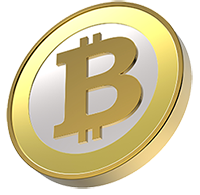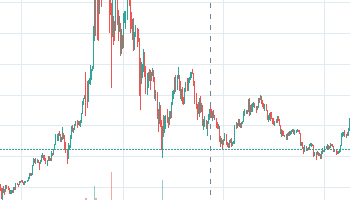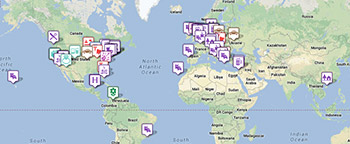Most people see blockchain as the technology behind Bitcoin and other new-gen financial tools. It’s a limited vision: potentially, many different industries can benefit from the DLT. Today there are plenty of blockchain startups not related to the finance industry - some innovative blockchain development ideas are related to insurance, supply chain, and other industries. In this article, we are considering 4 blockchain use-cases that make our life safer and happier.
Blockchain For Supply Chain
The first blockchain development idea that comes to mind right after cryptocurrency is the supply chain. Here, blockchain could help overcome security, regulation, and transparency concerns. Right now, supply chains are over-complicated and therefore hard to orchestrate. Many mutually dependent participants communicate through phone calls, emails, and different messengers — secure and insecure. This chaos creates many blind spots and loopholes dishonest insiders and outsiders exploit.
Private blockchain networks can improve the way the information is recorded and shared between manufacturers, warehouse providers, delivery services, and retailers. In a distributed ledger, no info can be lost, changed, replaced, or ruined — neither by accident nor on purpose. It greatly reduces the probability of theft, frauds, counterfeiting, and piracy. Also, blockchain technology helps protect sensitive data from cyberattacks.
On the other hand, consumers can be sure the product they buy is fresh, safe, authentic, and meets all the quality standards. It’s especially important when we deal with foods, medical supplies, drugs, and other essentials.
Blockchain For Health Insurance
Health insurance is another safety-net many people rely on. Today, this multi-billion industry is facing many challenges. The biggest one is insurance frauds. There is no “single source of truth” when it comes to our health records. Instead, these records are scattered across many institutions unwilling to talk to each other. This situation provokes clinics to provide misleading information to justify unnecessary surgeries covered by insurance. In their turn, patients may exaggerate the seriousness of their injuries to receive higher payouts. Due to all these tricks, insurance companies lose a lot of money annually, and it makes their services more expensive and less affordable for low-income citizens. Besides, as insurance companies have to examine every case closely, their clients wait for a payout longer than expected.
There are many ideas on how blockchain can contribute to the development of this sector. Imagine a distributed ledger storing verified and immutable data provided by labs and hospitals. If insurance companies have access to this ledger, it will be easier for them to rapidly calculate the correct payout amount and send money to the client in distress.
Blockchain For Better Environment
A safe and clean environment is one of the top priorities of today’s world. In this sector, there are many application points for the DLT, too. A verified, unchangeable, and distributed information storage can increase the accountability of manufacturers and prevent the practices that may be dangerous for our ecosystem’s health. Blockchain can also promote better environmental behavior among citizens: there are already some projects to encourage plastic recycling and smarter waste management. Last but not least, blockchain solutions could make governments and corporations comply with global and local environmental regulations. And when everyone follows the rules, technological disasters like oil spills or toxic waste emissions become less likely.
Blockchain For Disaster Management
Speaking of disaster management, we have some ideas about how blockchain development could improve current practices. Today, force majeure events like earthquakes, tornadoes, droughts, and wildfires are managed in a centralized manner. It means a single authority is responsible for developing and updating an action plan, information processing, rescue efforts coordination, communication, aid distribution, funds release, and more. The system is often unable to cope with all these tasks properly, and it creates many corruption opportunities at the field level. Many frauds, thefts, and serious mistakes go unnoticed as damage and waste are very hard to evaluate when it comes to emergencies.
A blockchain network could mitigate or eliminate many of these harmful inefficiencies. When all parties use a timely updated and 100% reliable source of information, it could greatly improve work coordination and increase the accountability of the participants. Therefore, the efforts and supplies will be distributed in a smarter way. This solution would also help combat corruption on all levels.
Closing Thoughts
These are only a few of many ways to make people’s lives happier and safer with blockchain solutions. The technology is very versatile, so you can apply it to almost every issue.
Therefore, many different companies can leverage the DLT to obtain an early advantage over less innovation-friendly competitors.


 Updated every 10 minutes
Updated every 10 minutes


